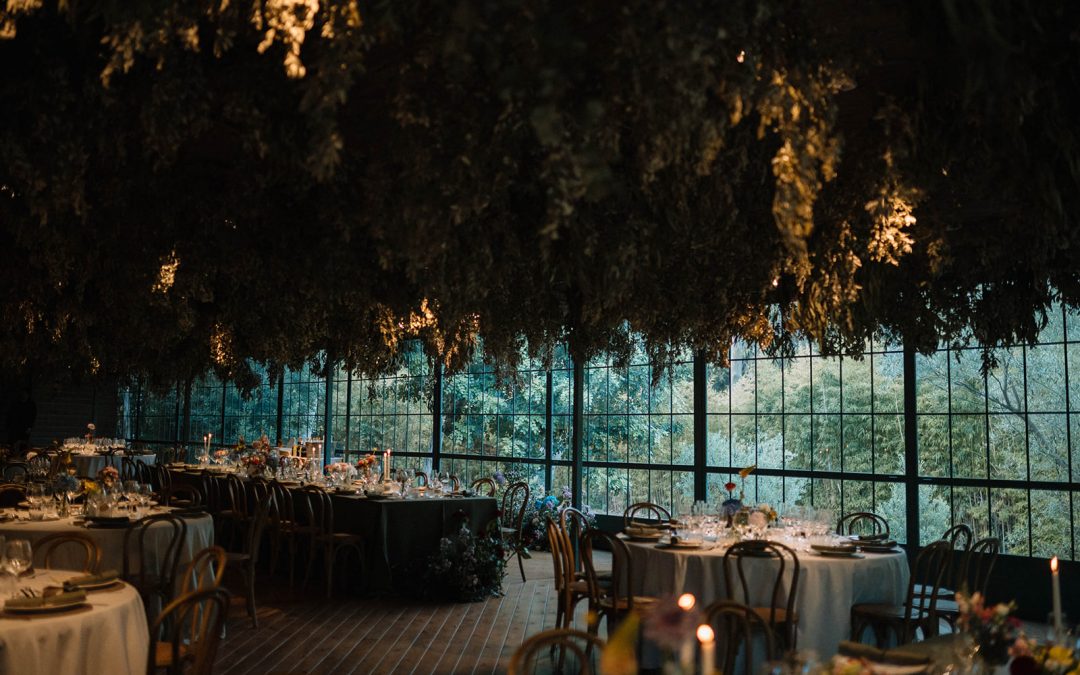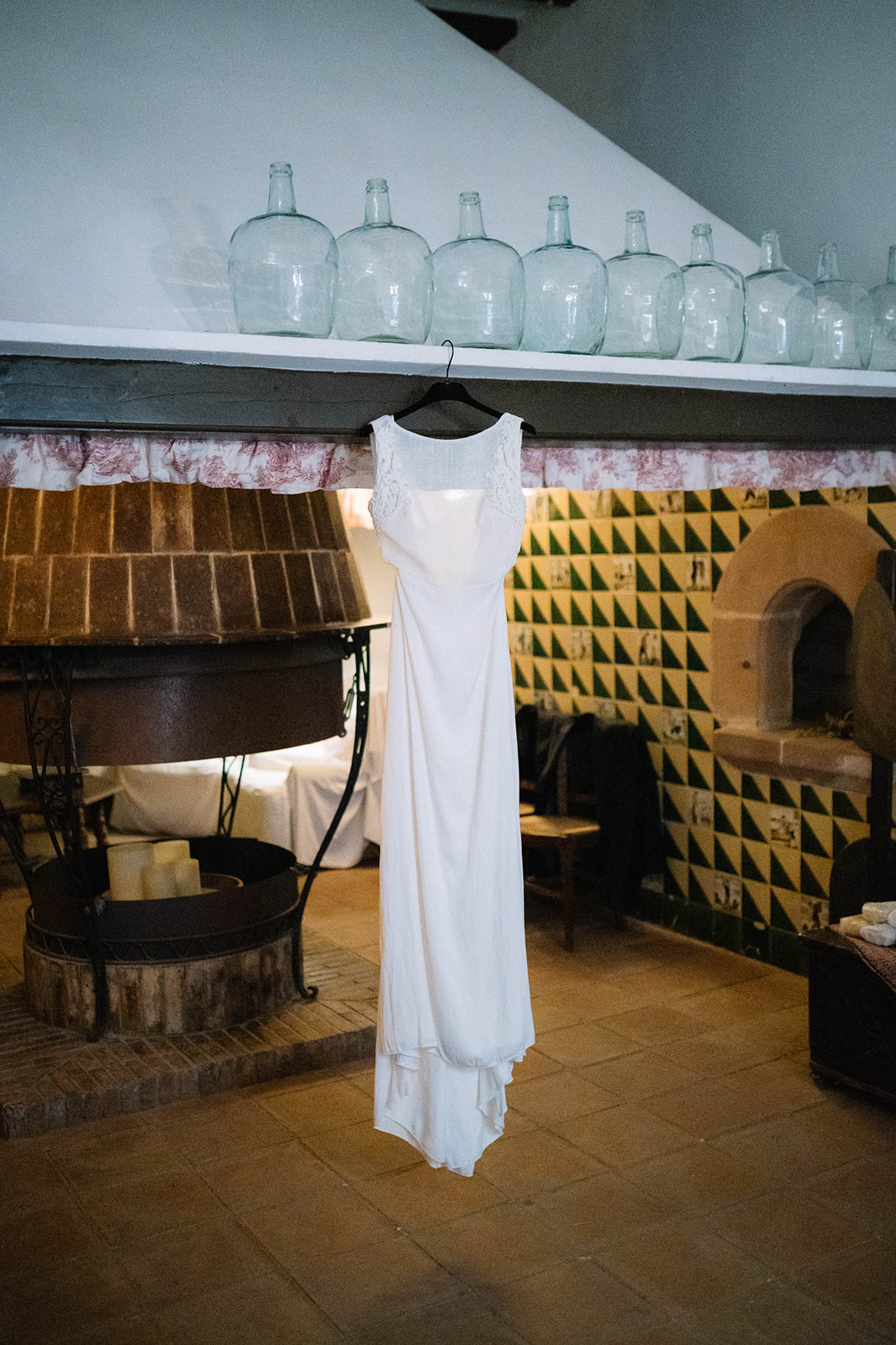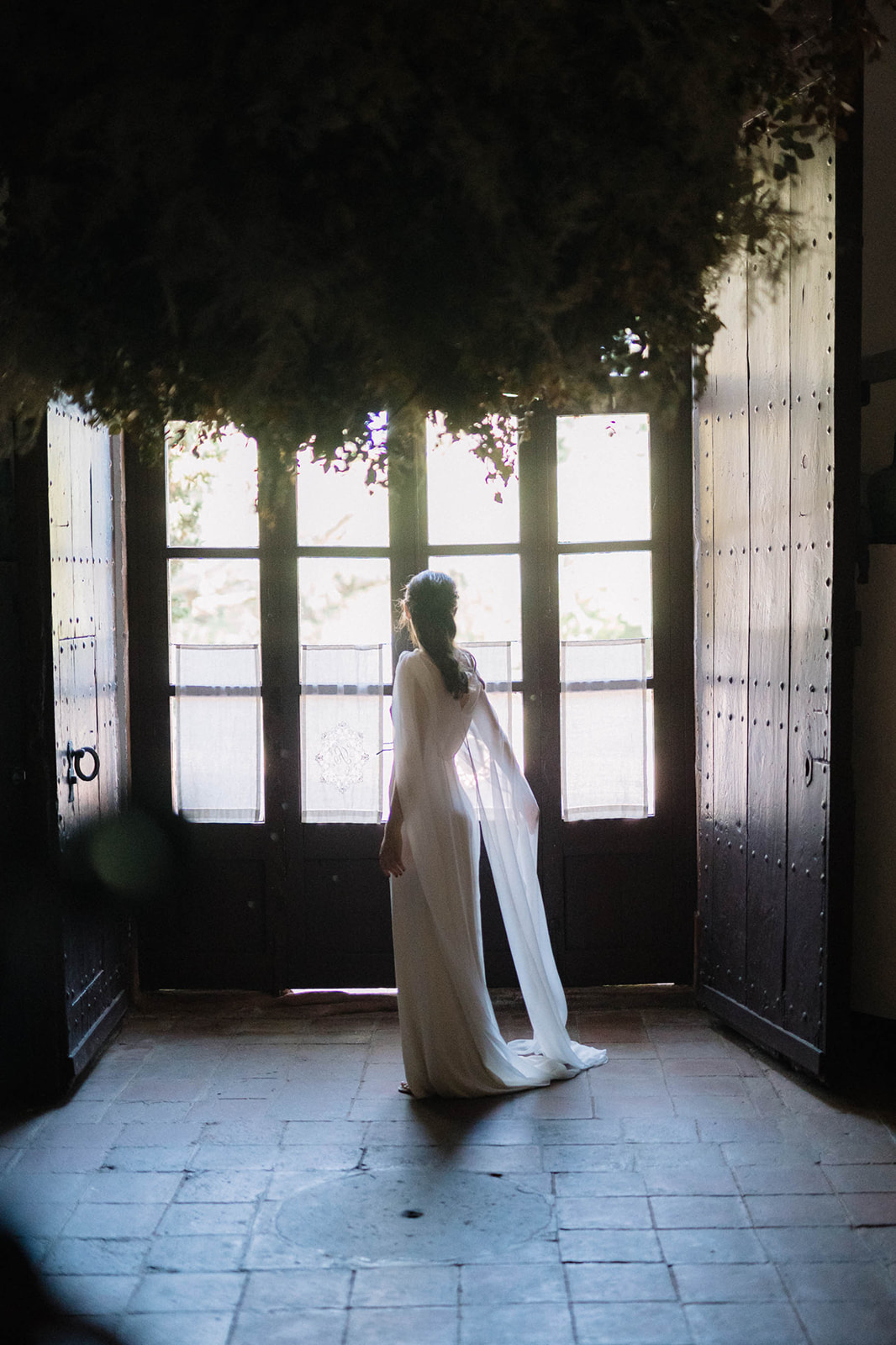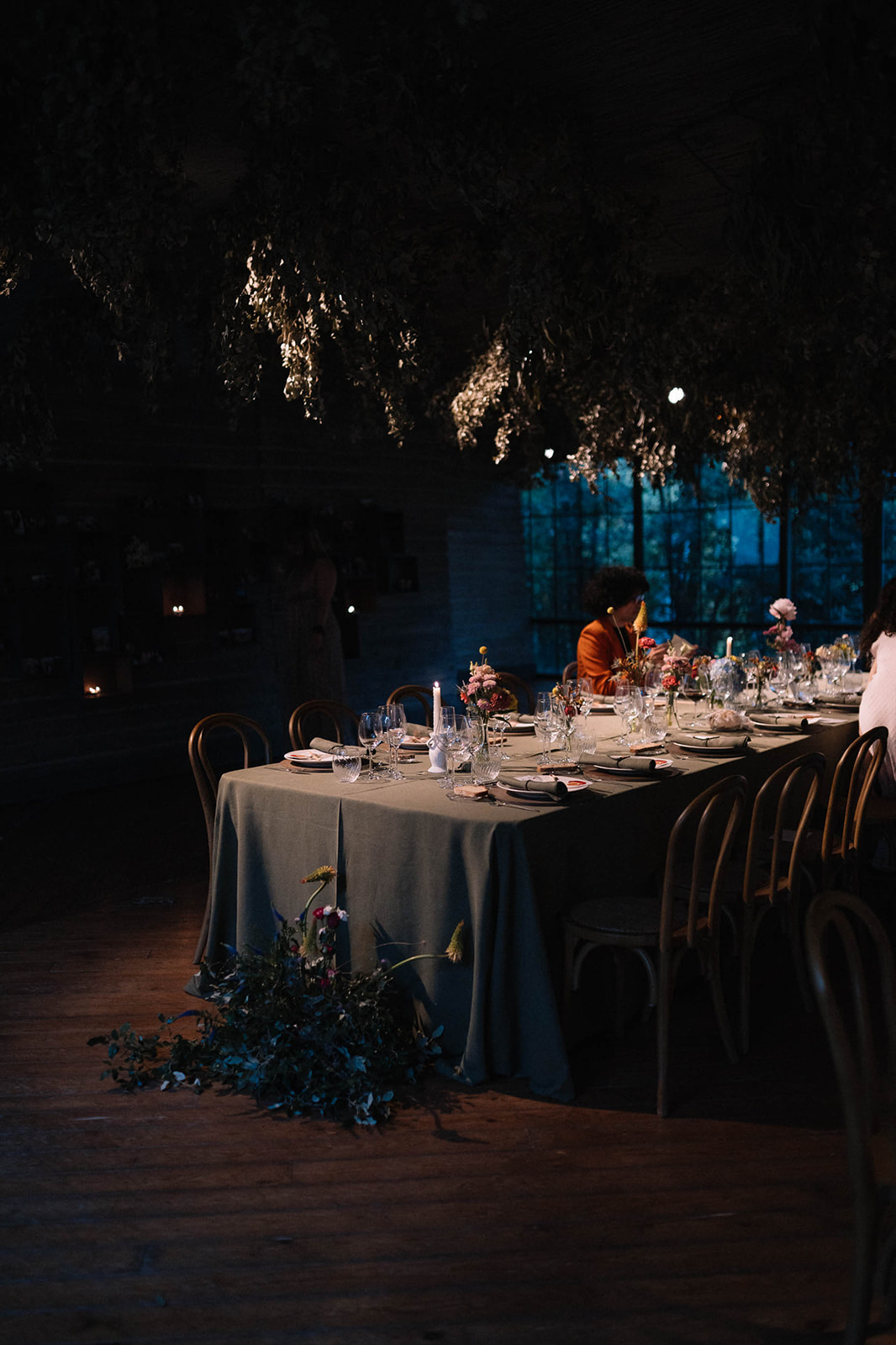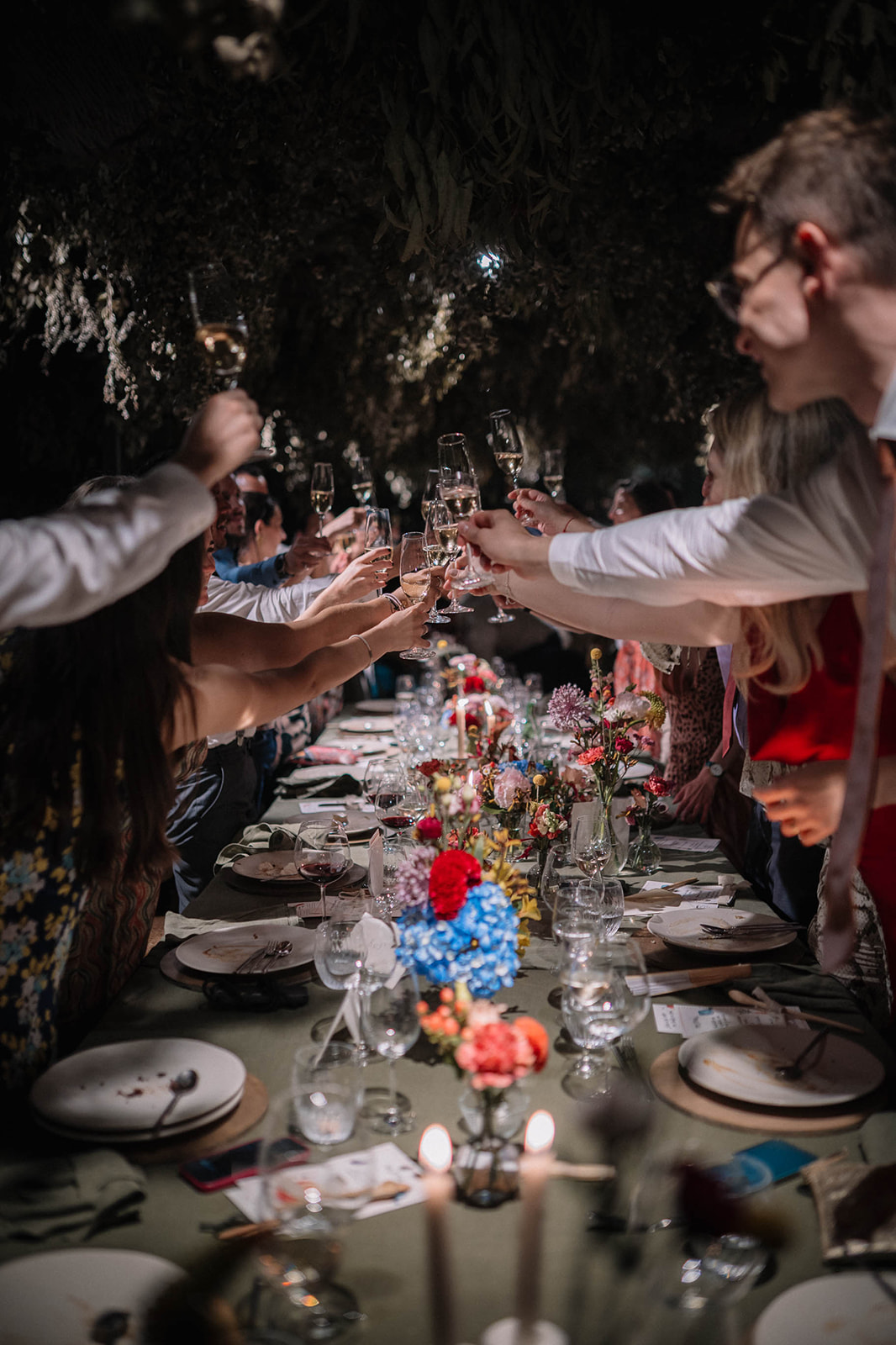When you fall in love with a wedding venue, it’s easy to imagine that they’ll handle everything for you — from booking the band to making sure the cake arrives on time.
But here’s the truth: many venues focus solely on renting out their space. No full-service wedding planning. No complete coordination. Just the venue.
“A great venue’s job is to make sure the grounds are pristine, the restrooms spotless, the lights glowing, and the doors open on time — so you can celebrate without worrying about the basics.”
And that’s not necessarily a bad thing… as long as you know what it means for your wedding.
Here’s why some venues choose not to offer a wedding planner service and:
1. They specialize in the space, not in the planning
Many venues pour their heart (and budget) into making the property look spectacular — manicured gardens, polished floors, charming architecture, and flawless lighting. Their expertise lies in creating the perfect setting, not orchestrating the hundreds of moving parts that make a wedding day run smoothly.
They’re the guardians of the stage, ensuring the bathrooms are immaculate, the chairs and tables are in place, the landscaping is trimmed, and everything is safe and ready for your guests. But once the “where” is perfect, the “how” and “when” of the day’s events typically fall outside their responsibilities.
Think of it like this: a venue is the beautiful canvas, but a wedding planner is the artist who paints the full picture of your day. Without someone to connect all the dots — from the florist’s delivery to the DJ’s first song — you risk having a stunning backdrop without the smooth flow that makes it truly magical.
2. They don’t have in-house planners
A wedding planner is more than just “someone who’s good with events.” They’re part project manager, part creative director, part crisis negotiator — and 100% dedicated to you. Their job involves building timelines, balancing budgets, coordinating vendors, solving unexpected hiccups, and making sure your vision comes to life exactly as you imagined.
Most venues simply don’t employ someone with this highly specialized skill set, because their core business isn’t event production — it’s venue management. Even if a staff member loves weddings, without the proper training and experience, they won’t be able to anticipate the hundreds of micro-decisions and behind-the-scenes adjustments that a professional planner makes almost instinctively.
By not offering an in-house planner, venues avoid promising something they can’t deliver at a top-tier level. Instead, they focus on what they do best — maintaining the space, providing amenities, and ensuring their facilities are ready — while leaving the intricate orchestration of the day to an expert who lives and breathes wedding planning.
3. They want you to choose your own vendors
Some venues intentionally step back from offering in-house planning so you can have complete freedom in building your dream team. If they were to provide a planning service, they might also restrict you to a fixed list of “preferred” vendors — which could mean compromising on the florist whose style you love, or the photographer whose work makes your heart skip a beat.
By not locking you into a curated roster, these venues give you the gift of choice. You get to handpick professionals who match your style, personality, and budget, rather than being tied to a one-size-fits-all package. This flexibility can be a blessing, especially for couples who want a wedding that truly reflects their story and culture.
Of course, with freedom comes responsibility — and that’s where an independent wedding planner becomes invaluable. They can guide you through the sea of vendor options, recommend trusted professionals, and make sure each choice works together seamlessly. Without that guidance, the vendor search can quickly turn from exciting to overwhelming.
4. Venue coordinator”≠ “wedding planner
It’s one of the most common misunderstandings in the wedding world — and one of the biggest sources of stress for couples. Many venues include a “venue coordinator” in their package, and while the title sounds reassuring, their role is very different from that of a wedding planner.
A venue coordinator’s primary responsibility is to look after the venue’s interests: making sure the lights are on, the furniture is arranged according to your contract, the catering (if in-house) is served on time, and the facilities are clean and safe. They’re there to ensure the venue runs smoothly.
A wedding planner, on the other hand, is there to ensure your wedding runs smoothly. They are your advocate — managing the flow of the day, communicating with every vendor, troubleshooting problems before you even know they exist, and making sure your vision comes to life exactly as planned.
Here’s the easiest way to remember it:
-
Venue coordinator: protects the space.
-
Wedding planner: protects your day.
Both roles are valuable, but they are not interchangeable. Relying solely on a venue coordinator is like hiring a theater manager when you also need a director — the show might go on, but without the same magic and precision.
5. Less responsibility, less risk
Weddings are live events — and in live events, anything can happen. Flowers can arrive late, a sudden downpour can force a last-minute ceremony move, a power outlet can fail right when the band starts to play. Managing these curveballs requires quick thinking, calm under pressure, and a deep network of backup solutions.
Some venues choose not to offer full wedding planning simply because they don’t want to take on that level of responsibility. Their priority is to keep the space in top condition, ensure it’s open and ready on time, and deliver the elements promised in their rental agreement. By staying within that scope, they minimize their exposure to the unpredictable chaos that sometimes comes with event management.
This isn’t a flaw — it’s a business decision. By narrowing their responsibilities, venues can excel in their specific role and avoid being blamed for issues beyond their control. But for couples, it means that someone else — ideally a professional wedding planner — must be ready to step in and manage all those “what if” moments, so you can stay blissfully unaware they ever happened.
6. It’s a business choice
At the end of the day, some venues simply decide that wedding planning isn’t part of their business model — and that’s perfectly valid. They may prefer to focus on maintaining a high-demand event space, hosting multiple types of gatherings (corporate events, galas, private parties), or simply avoiding competition with independent planners in their area.
In many cases, this decision is actually made with couples in mind. By not offering in-house planning, venues can recommend a variety of trusted professionals instead of tying you to a single style, price point, or process. It’s a way of saying, “We’ll give you the stage, and you can choose the cast and crew who bring your story to life.”
For couples, understanding this choice upfront is empowering. It means you can hire a wedding planner whose approach resonates with you personally — someone who will champion your vision, manage every detail, and ensure your day unfolds exactly as you’ve dreamed.

